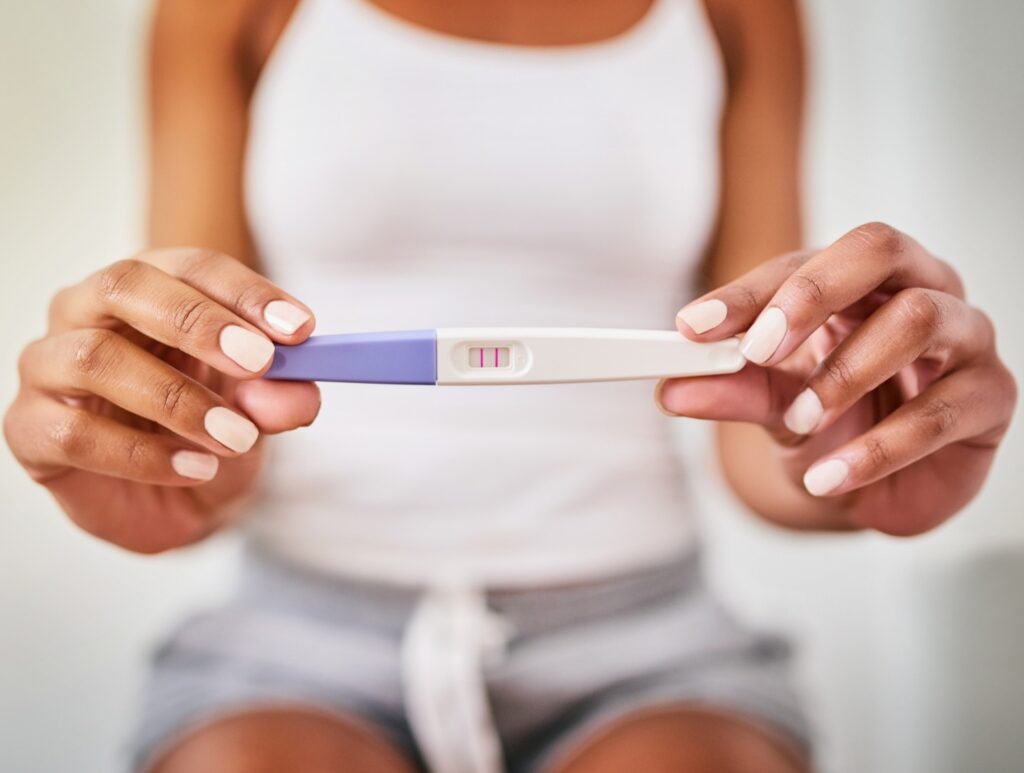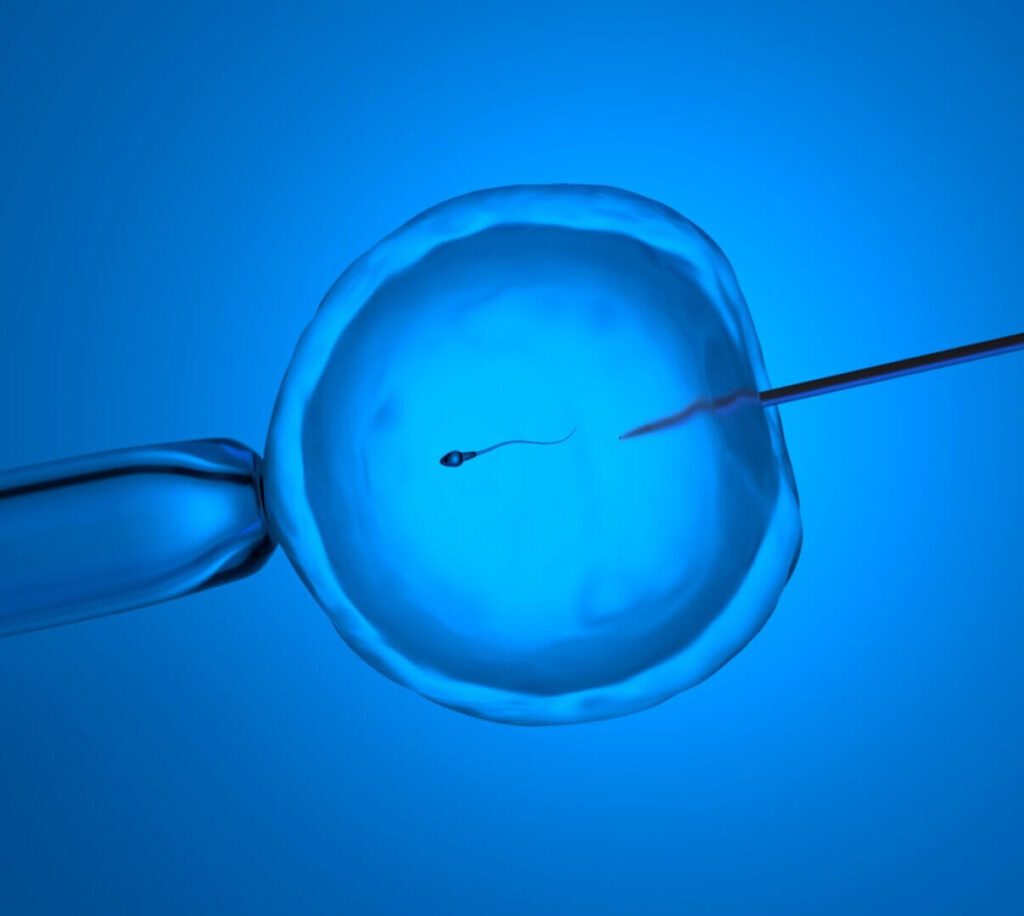Possible scenarios after embryo transfer in IVF

After the embryo transfer process is completed in the mother’s womb, the critical waiting phase begins. This period is full of hope and anticipation, as the woman wonders about the possible outcome. Therefore, in this article, dear reader, we will explore the possible scenarios that may occur after the embryo transfer.
What happens after embryo transfer?
After the embryo transfer process in IVF, the woman waits impatiently to know the result of the procedure, as a pregnancy test is performed 14 days after the embryo transfer, and the possible scenarios after the transfer include the following:
Scenario 1 | Successful Pregnancy

After the transfer, the embryos begin their journey to attach to the lining of the uterus, a process called implantation. If the process is successful, the embryo begins to grow and develop, and some symptoms appear that indicate pregnancy, such as a delayed menstrual period, morning sickness, breast swelling, and increased sensitivity to smells. Pregnancy is usually confirmed by a blood test to measure the pregnancy hormone (hCG), or by ultrasound.
What happens after pregnancy is confirmed?
After confirming pregnancy through a blood test or ultrasound, a new journey begins, full of medical follow-up and self-care. Here are some important points that you should know:
- Regular follow-up with the doctor, as you need to visit your doctor regularly for periodic check-ups, to ensure the health of the fetus and its normal growth.
- Take medications on time, which include some medications to enhance pregnancy, and maintain your health and the health of the fetus.
- It is important to get enough rest, and avoid strenuous physical exertion during the first months of pregnancy.
- Follow a balanced diet rich in nutrients necessary for the health of the mother and the fetus.
- Avoid smoking, alcohol, or other harmful substances.
- Undergo routine examinations such as ultrasound to monitor the growth of the fetus.
What are the potential challenges?
Although pregnancy after IVF is a great achievement, it may come with some challenges such as:
- Anxiety and stress: It is normal to feel anxious and stressed during pregnancy, especially after trying IVF.
- You may experience some complications during pregnancy, such as bleeding or cramps, but these complications can be treated under the supervision of a doctor.
- You go through some major physical and psychological changes during pregnancy, and you may need the support of your family and friends.
Read also:
Immune diseases and IVF failure
Ovarian pain after failed IVF | Causes and treatment
Scenario 2 | No pregnancy

The second scenario for the IVF and embryo transfer process includes a negative pregnancy test result, in which case it is confirmed that pregnancy did not occur, meaning that the embryos were not implanted in the lining of the uterus. In this case, the doctor asks to stop taking the prescribed medications, and an appointment is set for a visit after the menstrual period comes and ends, in order to search for the reasons for the failure of the IVF.
Reasons for failure of the ICSI procedure
The failure of the ICSI procedure is a frustrating and detrimental matter for many couples who dream of having children. Despite the great progress in the field of assisted reproductive medicine, there are many factors that may lead to the failure of this procedure, including the following:
- Low quality of eggs, as the woman may suffer from some disorders that affect their quality.
- Weak sperm.
- Weak and thin lining of the uterus.
- The presence of some fibroids.
- The presence of congenital defects in the uterus such as uterine polyps and uterine adhesions.
- The mother has some immune diseases.
What can be done to increase the chances of success?
A woman can follow some guidelines to increase the chances of success of IVF and achieve the dream of motherhood, which may include the following:
- Conduct comprehensive examinations to determine the underlying causes of failure.
- Modify the treatment plan based on the examination results.
- Get psychological support from family and friends.
- Follow a balanced diet rich in nutrients.
- Exercise regularly.
- Practice relaxation techniques such as yoga and meditation.
In the end, the ICSI process is a journey full of hope and challenges, and after the embryo transfer, the woman waits impatiently to know the result, so it is important to be prepared for different scenarios, and to get the necessary emotional support.
Now all services for ICSI, IVF, and treatment of delayed pregnancy and infertility with Dr. Amr Abdel Aziz, a gynecologist and obstetrician with 12 years of experience in the medical field.
Book your appointment with Dr. Amr Abdel Aziz at the clinic closest to you through the website
Just click on the following link
Dr. Amr Abdel Aziz ICSI Center
Or via WhatsApp number
01555667788 002



